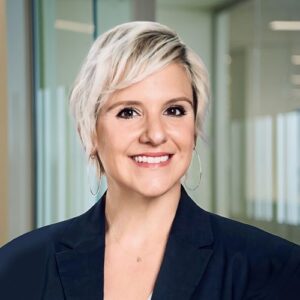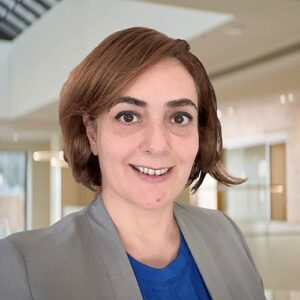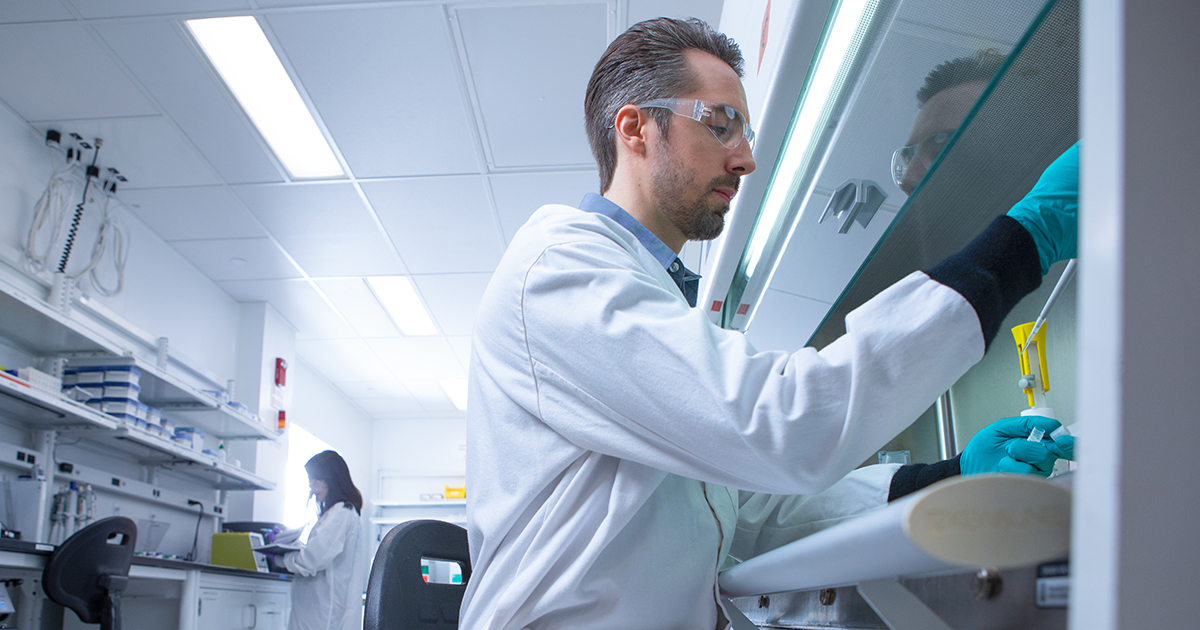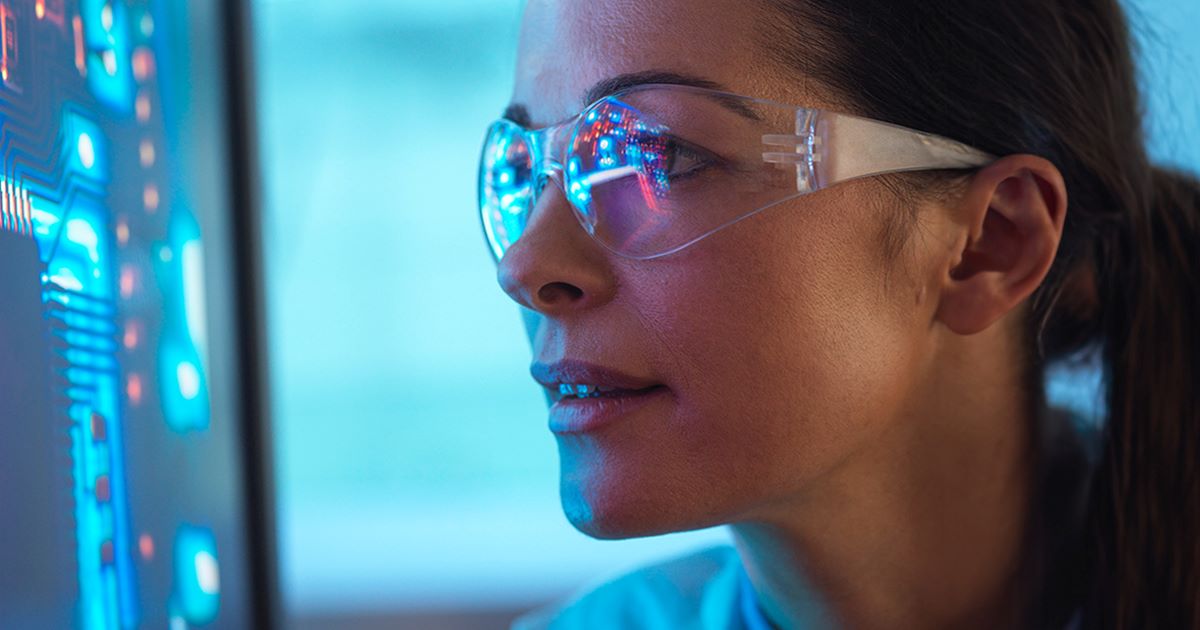Delivering groundbreaking treatments and doing transformative work. That’s what motivated two scientists who had worked for BMS to return after pursuing opportunities outside of the organization. Hear what motivated Ajlan Atasoy, MD, Clinical Development Lead, Senior Director, Oncology, and Glenda Trujillo, PhD, Senior Director, Worldwide Medical Immunology and Neuroscience, Pulmonary Fibrosis, to make the return trip to BMS, and continue to do the most interesting, meaningful work of their careers.
Inspired by the Innovation and Enthusiasm at BMS

For Glenda, earning a PhD in molecular and cell biology was the start of what has become a career devoted to researching hard-to-treat illnesses. Having worked in pathology labs as well as other large, pharmaceutical organizations, Glenda first had the opportunity to join BMS when a fellow researcher asked to give a talk at BMS. From there, she was invited to join BMS’ Translational Medicine Group. When asked what inspired her, Glenda noted that it was BMS’ willingness to dive into the field of idiopathic pulmonary fibrosis (IPF). “It’s very difficult to treat,” remarked Glenda. “At the time, there was nothing on the market, so I was inspired by BMS’ willingness to investigate the disease.”
Making the move from academia to BMS in 2017 was Ajlan’s first experience in a pharmaceutical setting. BMS’ panel style interview made a major impression on her and fueled her desire to join the company. “The conversation around the table–the level of scientific discussion and open-minded questions–made it clear that everyone had such a great rapport with each other,” recalled Ajlan. “I could tell that they loved their department. They were all strong scientists who were enthusiastic about what they were doing. They asked such thoughtful questions. Their evident happiness at being part of BMS made me want to be here, too.”
A Place Where Scientists Step Out of Their Comfort Zones
When asked what advice she would give to researchers at universities and other pharmaceutical organizations who are considering career opportunities at BMS, Glenda remarked that it starts with being brave enough to step outside of one’s comfort zone and embrace the unknown.
“It was a leap to learn a whole new field,” said Glenda. “The reason I’ve been able to do so is because I’m surrounded by trusted mentors here at BMS.” She went on to note that once you are identified as someone who is “invested in the work, then BMS invests in you and gives you the opportunity to identify mentors in different cross functional areas to further develop your skills.” She encourages interested researchers to “always be ready to be uncomfortable in that growth, because it leads you to the next opportunity–and then you’ll uncover new skills that you never knew you had.”

Ajlan, whose experience spans research and patient care, shared the physician’s perspective to this question. “If you enjoy making an impact–not just on your own patients, but on the field of oncology–then this type of transition is for you,” said Ajlan. She noted that researchers who enjoy the many aspects of clinical trials, reading scientific research, and are energized by seeing how science is progressing, are “already checking the boxes.” Like Glenda, Ajlan also stressed that having a growth mindset is critical, because “it’s a major life change for a physician, to take off their white coat and hang up their stethoscope.”
Putting the Patient’s Quality of Life at the Center
For Ajlan, transitioning from the doctor-patient relationships to working on the development of novel treatments in oncology has allowed her a new way to extend the impact that she has on patients. “I’ve been lucky at BMS to be part of scientific progress and treatments that change outcomes for patients all over the world,” she said. “It’s truly rewarding to be part of projects that have such a big impact on clinical practice.”
Getting closer to the patients’ needs motivates Glenda in her day-to-day work. “We’re so focused on delivering efficacious medicine to patients, that it’s sometimes easy to forget that we’re ultimately looking to help improve quality of life,” remarked Glenda. “Understanding a patient’s journey and the shortcomings of whatever treatment options they face helps us think creatively. It’s a constant reminder that what we’re doing goes beyond improving lung function for example. It’s about helping improve the quality of life for patients and their families and making it easier for the physicians to care for their patients.”
Returning to a Culture of Collaboration and Trust
Having left BMS to be closer to her family in Turkey, Ajlan was able to return to BMS when the time was right. However, during her time away, BMS’ culture of trust stayed with her. “People at different levels all have a say,” remarked Ajlan. “Everyone is able to bring their expertise forward, which helps both the team and the individual. That’s another thing I missed about BMS. Whether you’re working on a trial, a program, are overseeing people, or are an individual contributor, you know that you are making an impact here.”
The opportunity to nurture meaningful relationships motivated Glenda to return. “At BMS, you have the opportunity to interact with people at all levels. Throughout my career here, I always interacted with leaders beyond my circle. I was able to get a new perspective, to get their vision of where the company is going, and to learn about the types of risks they were willing to take,” she said. “Coming back to BMS, I’m able to keep developing my existing relationships and cultivate new ones. I can continue what I’d already built here and take it to the patient. It really felt like coming home.”





